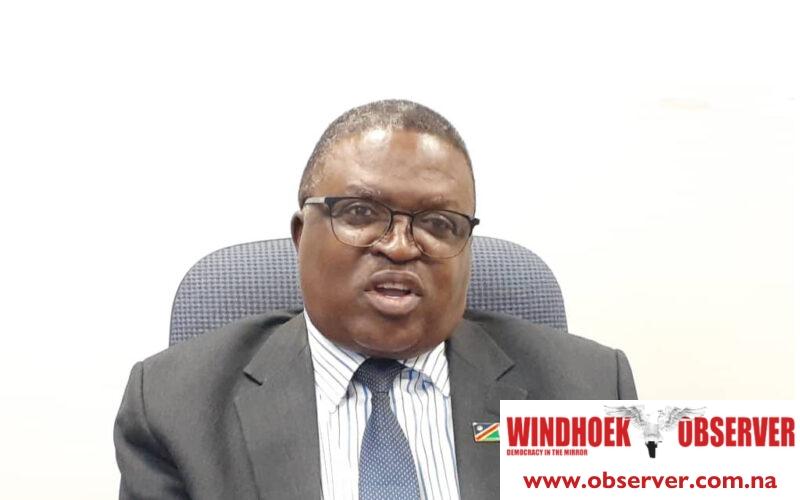Hertta-Maria Amutenja
Auditor General Junias Kandjeke has revealed that 44 percent of female-headed households in Namibia are living in poverty.
In a recent Performance Audit Report on Gender Equality in Governance, Decision-Making and Economic Empowerment within the Ministry of Gender Equality, Poverty Eradication and Social Welfare (MGEPESW), covering the financial years of 2017/18 to 2021/22.
The report sheds light on persistent challenges faced by these households, emphasising structural drivers of gender inequality, including unequal distribution of resources like land, capital and education.
Further indicating that the limited participation in political and economic institutions further exacerbates the impact on women living below the poverty line.
The report’s findings underscore a connection between poverty and gender-based discrimination.
According to the Afrobarometer’s 2018 survey, 15 percent of Namibian women and 14 percent of men experience gender-based discrimination annually, positioning Namibian women as the third-highest in discrimination among 13 Science Granting Council Initiative African countries.
In addition, Kandjeke expressed concerns about the MGEPESW’s budget of N$113.6 million for the Directorate of Gender Equality and Woman Empowerment (DGEWE).
He said during the audit period, uncertainties arose due to the absence of clear evidence regarding alignment with strategic plans and the lack of information on the actual budget expenditure for crucial programs.
“The ED could also not provide evidence on whether its annual plans relating to gender equality mechanisms for the period under review were based on the availability of appropriate finance,” he said.
The report further highlights failures in gender-responsive policies and implementation. Indicating that the Office of the Prime Minister (OPM) did not adjust government policies to be gender-sensitive, disregarding the training on gender-responsive budgeting and planning between the 2018/19 and 2019/20 financial years.
Kandjeke emphasised that non-adherence to Cabinet directives on Gender responsive budgeting guidelines jeopardises gender mainstreaming in policymaking.
Moreover, the report notes the absence of a specific gender law to promote, enforce and monitor gender equality in Namibia.
The Auditor General said despite being recognised as a strategic issue in the 2017-2022 strategic plan, the Ministry did not prioritise it, hindering effective enforcement and coordination of the National Gender Policy between 2010 to 2020.
“The ministry did not include it as a priority in the strategic plan objectives, resulting in the Act not being drafted/enacted during the period under review. As a result, the ministry could not effectively enforce and coordinate the implementation of the National Gender Policy 2010-2020, hampering smooth monitoring and evaluation,” Kandjeke stated.




